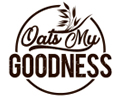There is a lot of debate about whole foods vs. processed foods nowadays. Sometimes, it can be challenging to distinguish between whole foods and processed foods, which is important to know because they have different nutritional content, and processed foods tend to be avoided for daily consumption. Therefore, understanding their primary differences, as well as examples of whole foods and processed foods, will help you better comprehend the distinction between them.
What Are Whole Foods?
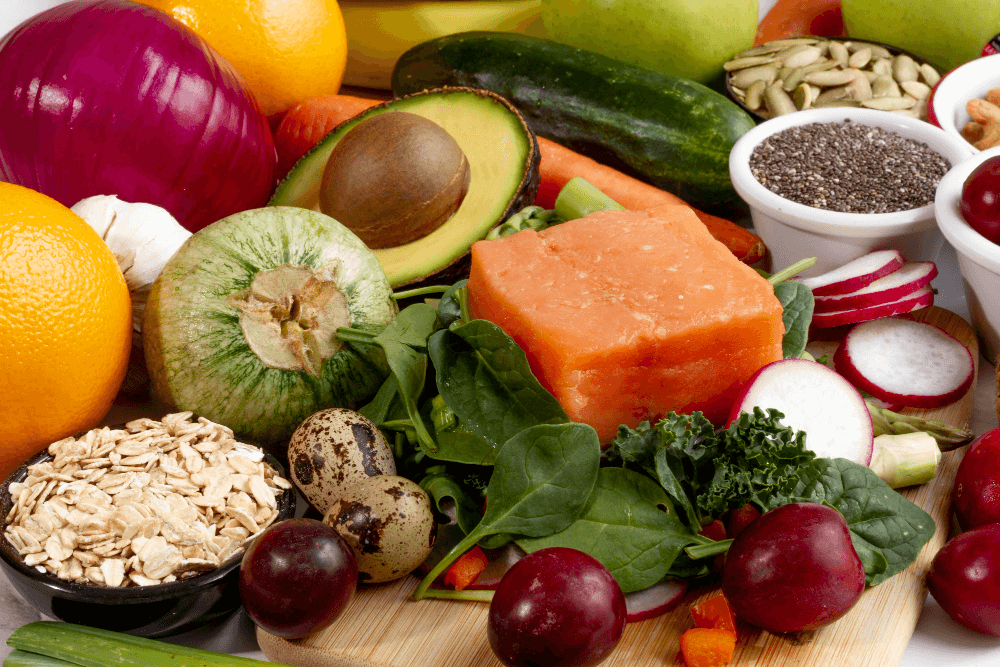
Whole foods, also known as real foods, are foods that remain close to their natural state, minimizing processing that would reduce their nutritional content. Therefore, whole foods are a healthier choice and are packed with numerous nutrients when compared to processed foods. They provide essential nutrients, including vitamins, minerals, and fiber, that the body needs.
Examples of Whole Foods
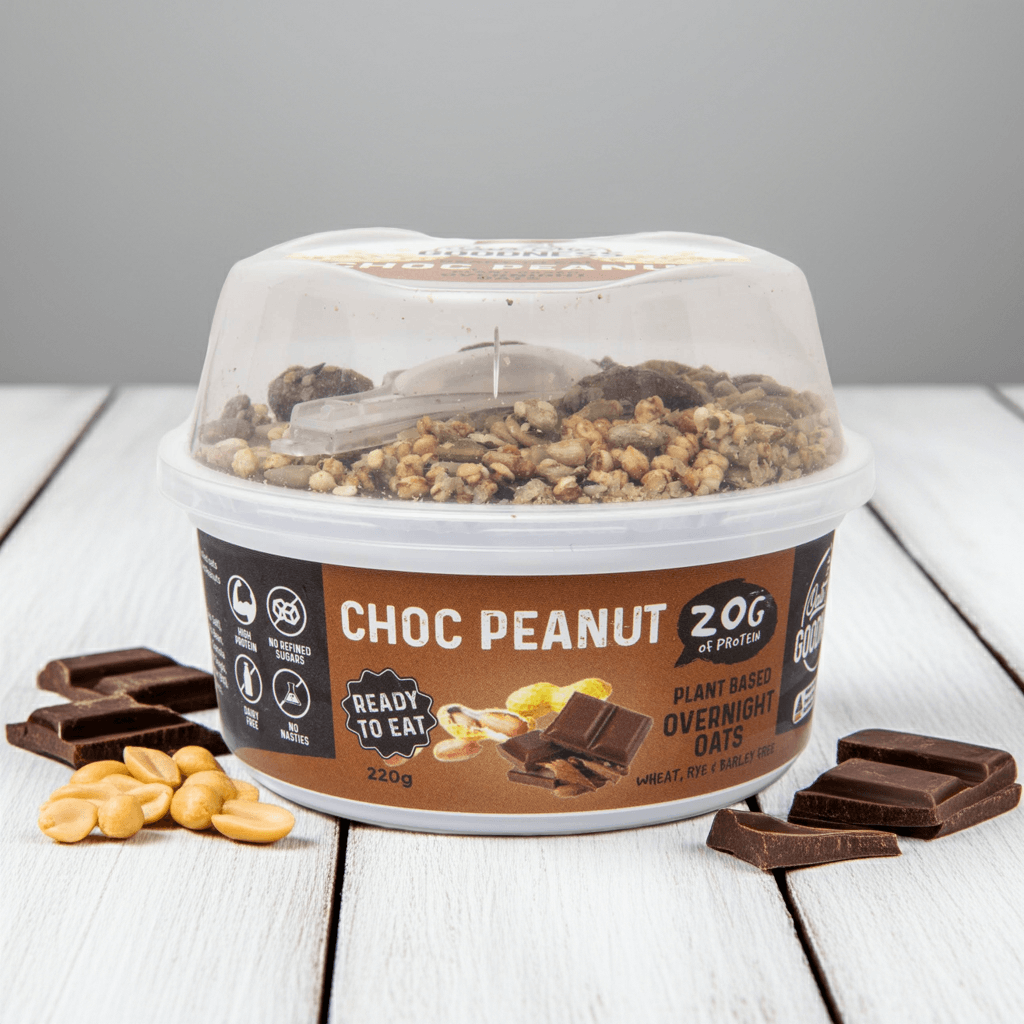
Examples of whole foods are diverse and unlimited because they come from plant-based foods. So, fresh fruits, nuts, seeds, whole grains, vegetables, and raw proteins such as beans or lentils are healthy whole foods. These foods are naturally rich in nutrients, supporting heart health, digestion, and overall vitality. The more whole foods you consume, the less you rely on synthetic additives and processed sugars.
What Are Processed Foods?
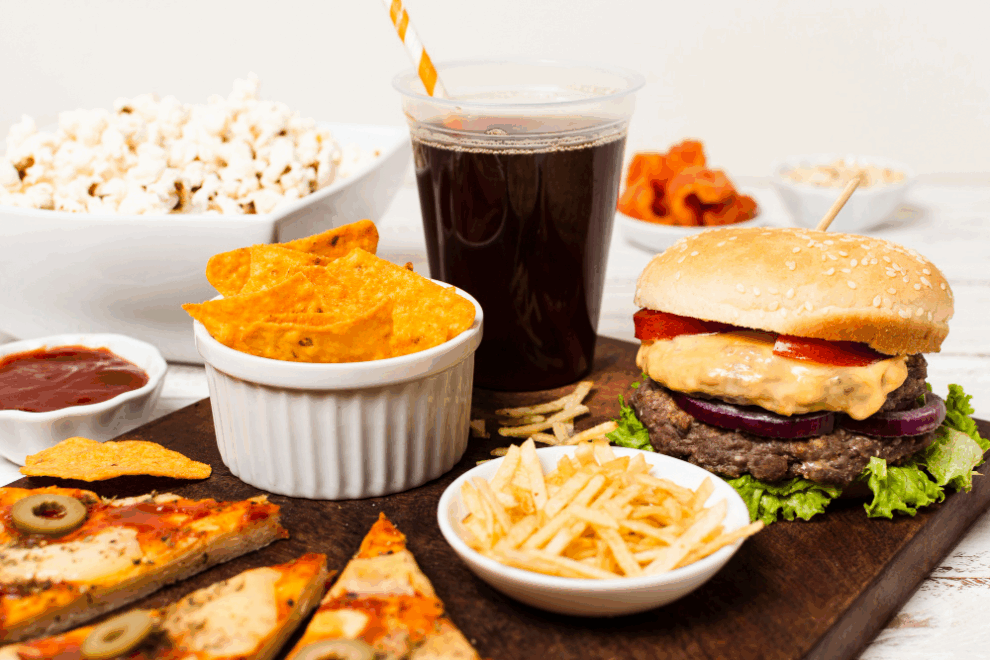
Whole foods are foods that have undergone minimal cooking and have few added ingredients, such as preservatives, while processed foods are foods that have been altered during preparation. The type of preparation can vary for each product, such as refining, canning, or adding preservatives and flavor enhancers. These processes can deplete essential nutrients, rendering the food less nutritious.
However, in today’s fast-paced world, processed foods and canned foods are quite popular because they are easy to prepare and can be eaten quickly. They also contain preservatives to extend the food’s shelf life.
Examples of Highly Processed Foods
Some examples of processed foods to be aware of include instant noodles, sugary breakfast cereals, packaged snacks, soft drinks, frozen foods, and flavored yogurt. These products often contain refined sugar, artificial colors, preservatives, and unhealthy fats, which are added to extend shelf life and enhance flavour.
Consuming them too often is certainly unhealthy for the body and can lead to obesity or even cancer. However, you can try replacing some of these processed foods, such as instant noodles with homemade noodles, sugary breakfast cereals with granola or overnight oats, and many more.
Key Differences Between Whole and Processed Foods
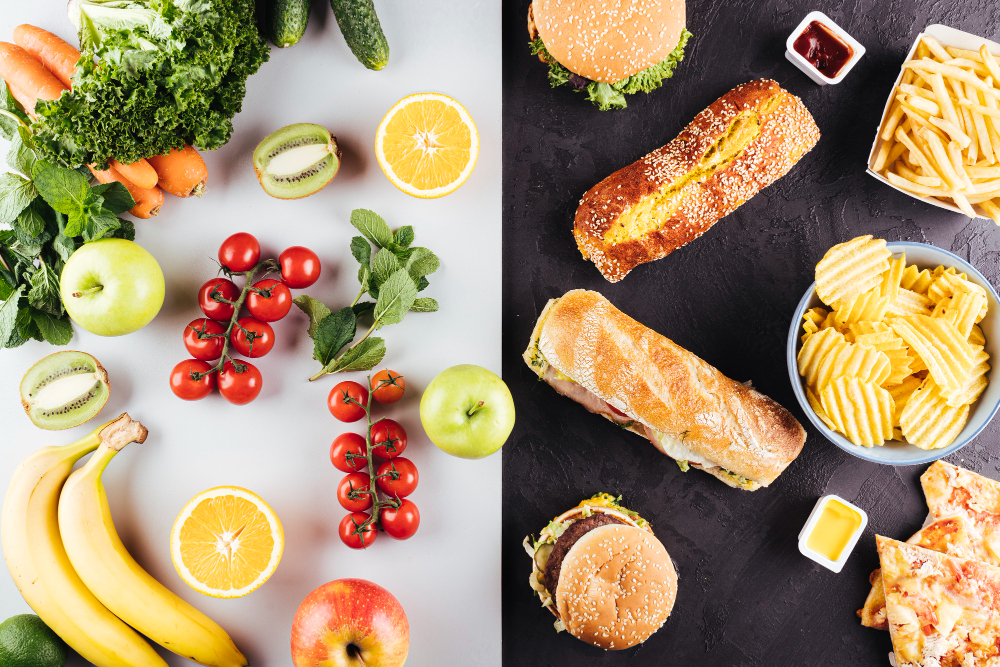
Sugar Content
Between whole foods vs processed foods, whole foods have lower sugar content. Whole foods naturally contain sugars in moderate amounts, accompanied by fiber and nutrients that help regulate blood sugar levels. In contrast, processed foods are often loaded with refined sugars to enhance flavour and increase cravings. Excessive sugar consumption can lead to energy crashes and an increased risk of insulin resistance and inflammation. By choosing whole foods, you can promote more stable energy levels and better gut health.
Calories
Whole foods are rich in nutrients but low in calories, which means you receive more nourishment without consuming excessive calories. In contrast, processed foods are often high in calories but low in nutrients. Consuming excessive calories from refined carbohydrates and unhealthy fats often leads to weight gain and fatigue. Whole foods help you feel fuller for a longer period, decreasing the urge to snack continually or overeat.
Other Differences
Whole foods are beneficial for gut health, provide steady energy, and enhance mental focus. They support natural digestion and are rich in antioxidants, which help combat inflammation. In contrast, processed foods can disrupt gut bacteria and weaken the immune system due to the additives and preservatives they contain. Over time, a diet rich in whole foods can reduce the risk of chronic diseases and improve overall well-being.
Why Whole Foods Matters for Your Breakfast
Breakfast sets the tone for your entire day, and that’s where Oats My Goodness shines. Our products embody everything Whole Foods stands for: clean ingredients, high fibre, and plant-based protein. Each tub is made using real, recognizable ingredients, with no preservatives, seed oils, or refined sugars. You get 20 grams of protein and one-third of your daily fibre in every serve, giving you lasting energy without the crash.
Oats My Goodness meals are wheat-, rye-, and barley-free, making them suitable for anyone with gluten intolerance or celiac concerns. They’re also 100% plant-based and locally made, supporting small Australian growers.
Frequently Asked Questions
What are the 5 most processed foods to avoid?
Avoid sugary cereals, soft drinks, instant noodles, processed meats, and packaged pastries. These foods are high in refined sugars, seed oils, and artificial preservatives, which can increase inflammation and disrupt digestion. Instead, reach for minimally processed, nutrient-rich alternatives like fruit, vegetables, nuts, and rolled oats.
What foods are considered whole foods?
Whole foods include anything that comes from nature with minimal processing, such as fruits, vegetables, nuts, seeds, legumes, rolled oats, and whole grains. These foods contain natural nutrients and fibre, helping your body function optimally and keeping your energy steady throughout the day.
Is any bread a whole food?
Only bread made from 100% whole ingredients (like stone-ground wholemeal flour without additives) can be considered close to a whole food. However, most store-bought loaves are processed with added sugar, salt, and preservatives. For a truly wholesome option, opt for simple, minimally processed grains or oats in your meals instead.
Conclusion
Between whole foods vs processed foods, which one is better? What is the primary difference? The difference between whole and processed foods is clear: one fuels your body naturally, the other drains it over time. Choosing whole foods means choosing sustained energy, gut health, and vitality. At Oats My Goodness, every serve is crafted to nourish you with plant-based protein, fibre, and clean ingredients. No nasties, just real food.
Start your whole-food journey today at Oats My Goodness.
